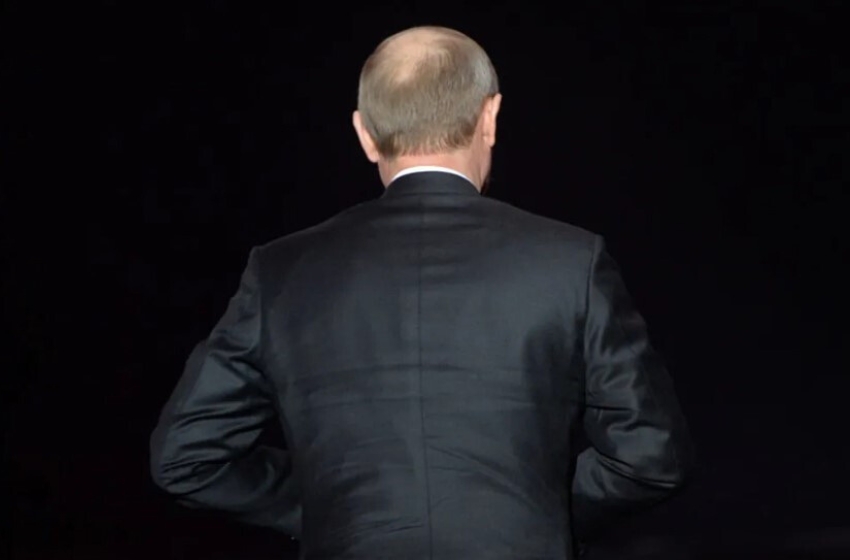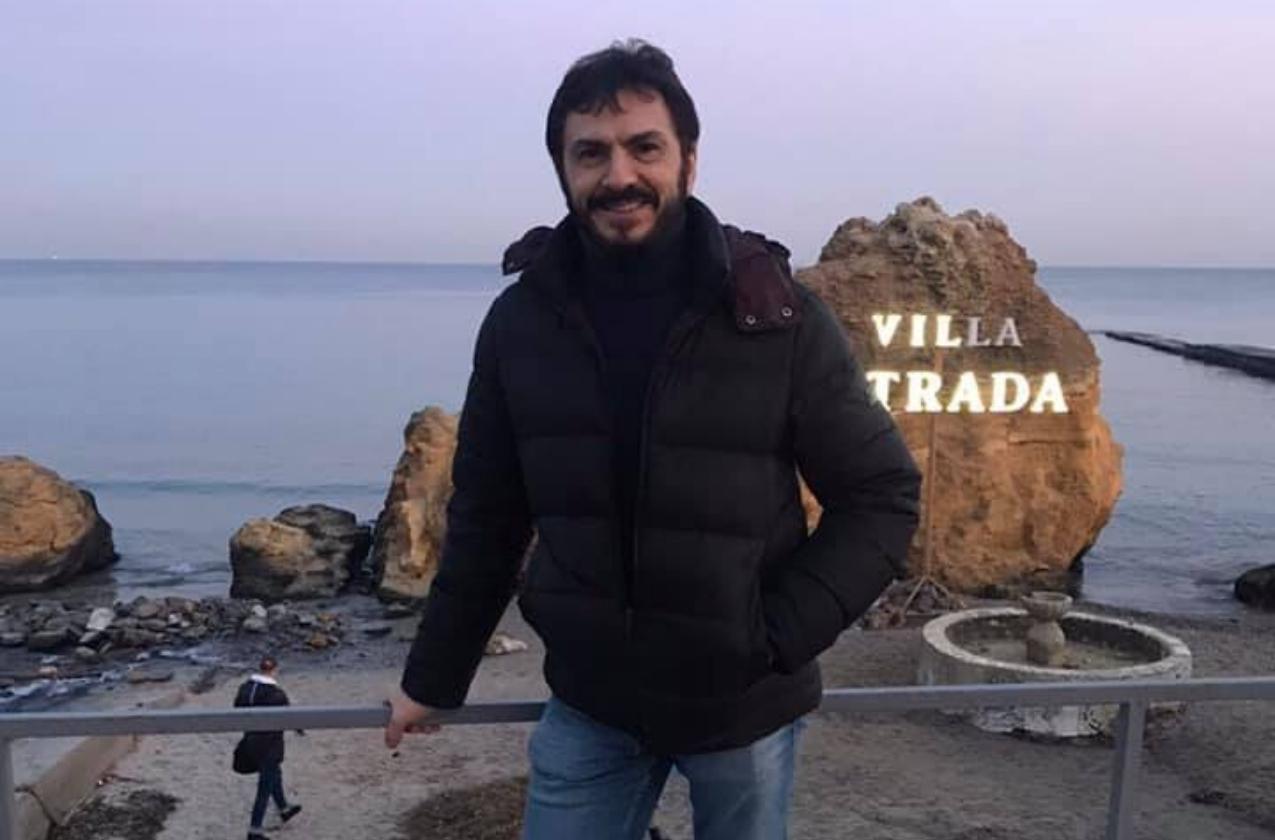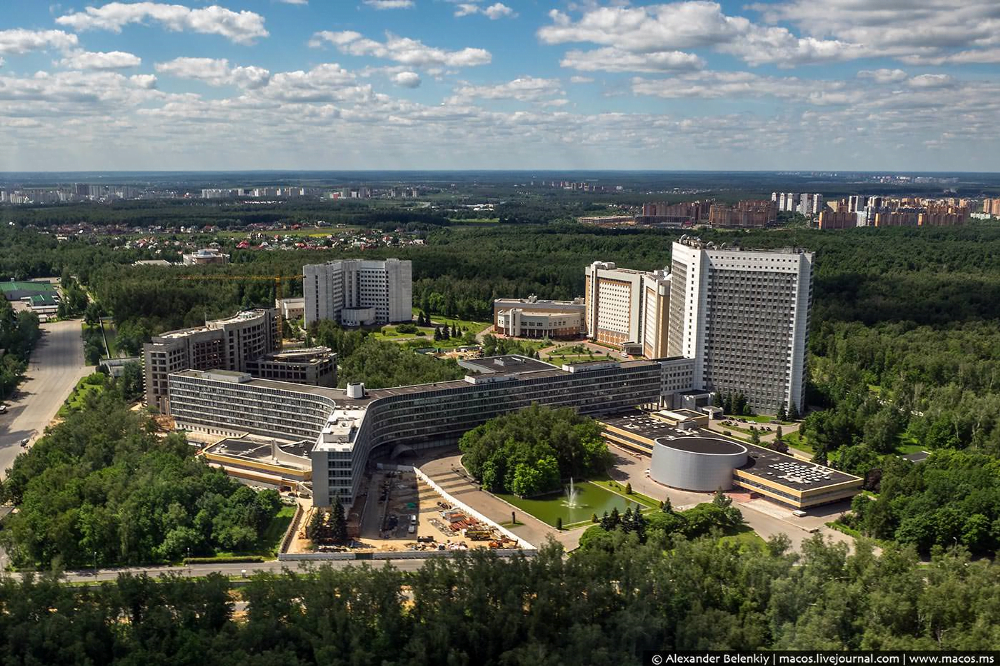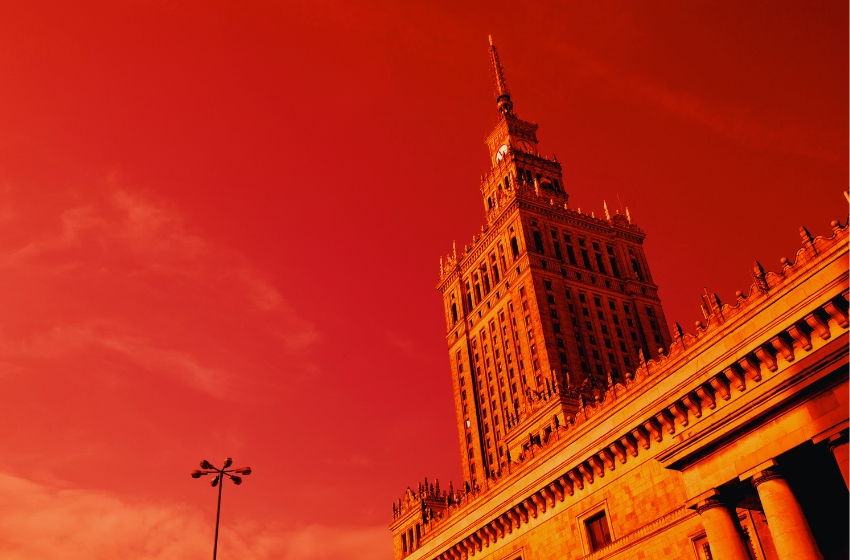Russian President Vladimir Putin announced his presidential bid for 2024 on December 8 in an obviously staged effort to seem that he was running at the request of Russian servicemen.
Putin announced that he would run for president in the 2024 elections in conversation with Russian military personnel after the presentation of Gold Star medals in the Grand Kremlin Palace on December 8. Putin quietly announced his presidential campaign after Artem Zhoga, commander of the Donetsk People’s Republic (DPR) “Sparta” Battalion, claimed that the people of Donbas want him to run in the elections.
Zhoga specifically emphasized that Russia needs Putin as president to integrate occupied Ukrainian territories and restore peace. Kremlin Spokesperson Dmitry Peskov absurdly claimed that Putin’s announcement was ”completely spontaneous” and was ”a reaction to people’s appeal.”
Russian Federation Council Chairperson Valentina Matvienko similarly framed Putin’s announcement as a response to requests from Russians.
Russian State Duma Deputy Chairman of the Federal Assembly Sergey Neverov stated that the leading United Russia party ”unconditionally supports” Putin’s nomination as a presidential candidate and ”will do everything for his victory.”
Russian ”Vostok” Battalion Commander Alexander Khodakovsky responded to Putin’s announcement, claiming that although the results of the elections are already known, the ”process needs to be arranged appropriately.”
Khodakovsky claimed that new Russian political energies are emerging - implying that some Russians want to oust Putin - but that Russia does not need such “political games“ during wartime. One Russian milblogger claimed that Russians are more concerned about the rising price of eggs than Putin’s announcement.
Putin’s announcement of his presidential bid in a military setting indicates that his campaign may focus on Russia’s war in Ukraine more than ISW previously assessed, although the extent of this focus is unclear at this time.
ISW previously assessed that Putin’s presidential campaign would likely not focus on the war in Ukraine and instead would focus on domestic stability and criticisms of the West.[8] Putin’s presidential bid announcement at a ceremony rewarding Russian military personnel fighting in Ukraine in a conversation with a DNR combatant suggests that the war in Ukraine may play a more significant role in his campaign strategy. These staged circumstances were possibly directed a very important constituency: Russians directly affected by the war in Ukraine including the roughly 2.2 million military personnel the Kremlin claims are currently under arms, personnel previously wounded, and their relatives (as well as relatives of those killed in action).
Relatives of Russian mobilized personnel have recently appealed to the Russian government and military for the release of their relatives from military service and for better treatment of mobilized servicemen in the Russian military, and the Kremlin has repeatedly attempted to censor these groups.
These Kremlin censorship attempts suggest that the Kremlin is concerned about the possible negative effects of these protests on Putin‘s image during the presidential campaign.
The Kremlin may be using Putin’s military-focused announcement in an attempt to convince this large group of voters that the Russian military writ large supports Putin. Putin’s announcement may alternatively aim to demonstrate that he has the support of the Russian military in order to make any further discussion of the war in Ukraine during his campaign unnecessary. The Kremlin may have tasked the Russian military with capturing Avdiivka, and possibly Kupyansk, before the March 2024 elections, and this exhibition of the military’s support for Putin’s candidacy is possibly meant as a hedging strategy should the Russian military be unable to meet these given deadlines.





















